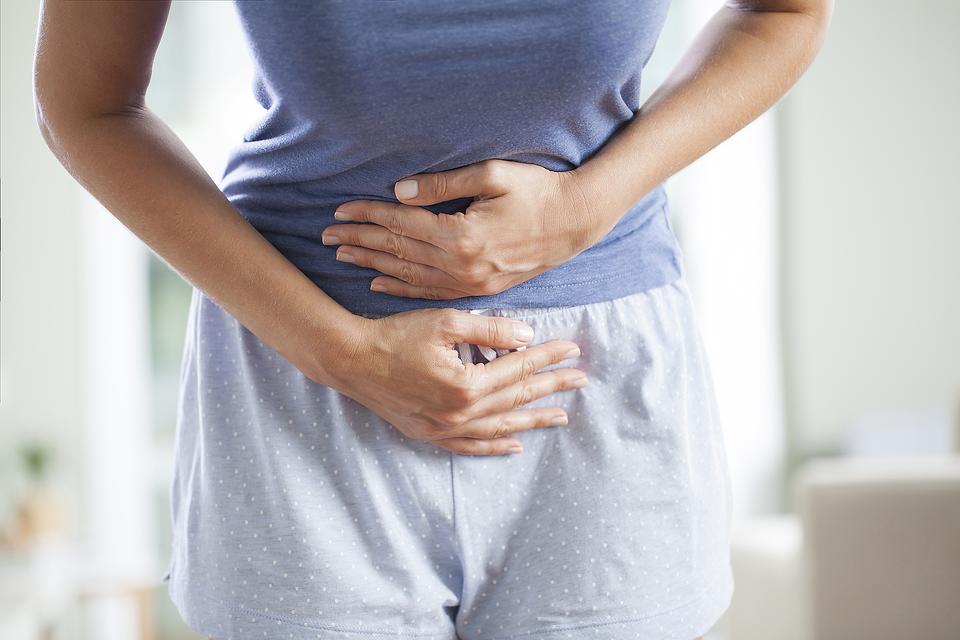What Are the Signs of stomach cancer?

What Are the Signs of stomach cancer
Although stomach cancer is one of the most painful diseases in the world, it is difficult to identify: in most cases, this damage is not among the first warning signs of the disease. In fact, “the most common reason in the early stages of stomach cancer is that it doesn’t cause any symptoms,” says Umut Carpel, an associate professor and surgical oncologist at Mount Sinai Health System in New York. “We all get a stomach ache from time to time, but that doesn’t mean we have this cancer,” adds the expert to ‘ Prevention. Therefore, it is not necessary to be dramatic but realistic. If we know what the symptoms of this disease are, we can act on time when we feel hungry and sit down to eat. But after a few bites, your appetite fizzles out. It may indicate that you have cancer. According to the American Cancer Society research, about one in 111 adults will develop stomach (gastric) cancer at some phase in their lives, which is more common in men. Carpel points out that the risk of contracting the disease increases as you age. In Spain, 24 cases are registered for every 100,000 inhabitants.
It should be noted that these cancers are not hereditary. “Most are sporadic or caused by random DNA mutations,” she says. And although there is a sporadic genetic mutation associated with the disease, the expert says it is not worth checking unless we have many relatives who have suffered from it.
According to the American Cancer Society, the exact causes of gastric cancer are unknown. However, certain risk factors or agents increase the chances of having a specific disease that favours its appearance. There are various factors involved: they can be nutritional (if we have a diet affluent in salt, smoked foods, and low in fresh fruits and vegetables), environmental (the result of poor food preparation, keeping them unrefrigerated and the consumption of bad water ), tobacco consumption(as you already know, smoking increases the high risk of developing many diseases, such as stomach cancer), and in the fact of already suffering from certain benign or premalignant conditions (they increase the risk of suffering from gastric cancer; the most notable are previous gastric surgery, chronic atrophic gastritis, pernicious anaemia or gastric polyps).
In its initial stage, as we have pointed out, it rarely causes symptoms, which is why it is so difficult to detect early. However, sure signs and symptoms are recognisable, and they are the following:
1. Blood in stool or vomit
Diarrhoea and Crohn’s disease can cause bloody stools but can also be a sign of cancer. “If so, a visit to a gastroenterologist specialist is required,” says Dr Sarpel. If it’s cancer-related, the blood in your stool will likely be brown or tar-black. If blood is found in the vomit, it is more likely to be bright red and may have a coarse “coffee ground” texture because it has been partially digested.
2. Loss of appetite
When You are hungry when you sit down to eat, but after a few bites of the meal, your appetite is gone, and food doesn’t appeal to you. Experts know it is “early satiety” and could indicate that we have stomach cancer. “Especially if you suddenly start to feel full very quickly,” adds Carpel. Diarrhoea and Crohn’s disease can cause bloody stools but can also be a sign of cancer.
-
Unexplained weight loss
Many conditions, including type 1 diabetes, Addison’s disease, and Crohn’s disease, can cause unexplained weight loss. But it is also a result of stomach cancer. “If you’re losing weight and not on a diet, that’s something to pay attention to,” he explains. However, he does note that weight loss can be gradual. While you may not notice a sudden drop, you could suddenly weigh yourself and find that you’ve lost ten pounds in the last six months. So don’t be scared, but go to the doctor.
3. Continued stomach acidity
Heartburn, indigestion and other common symptoms can be early warning signs of the disease, say cancer experts at the University of Texas. Although it is likely to be something other than cancer, it is best to see a specialist if it remains.
4. Bloating, diarrhoea and constipation
Cancer growing in your stomach would make you feel bloated. However, if it is a constant situation and does not vary, the doctor should examine and suggest if it is cancer or another condition. In case of any suspicion or anomaly, go to the specialist.






